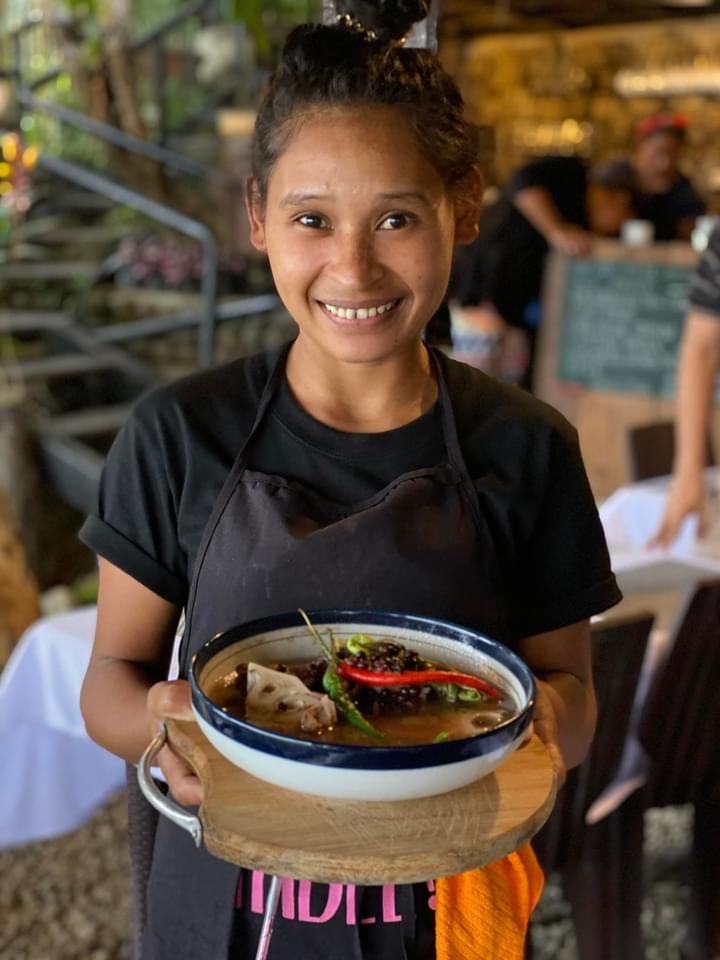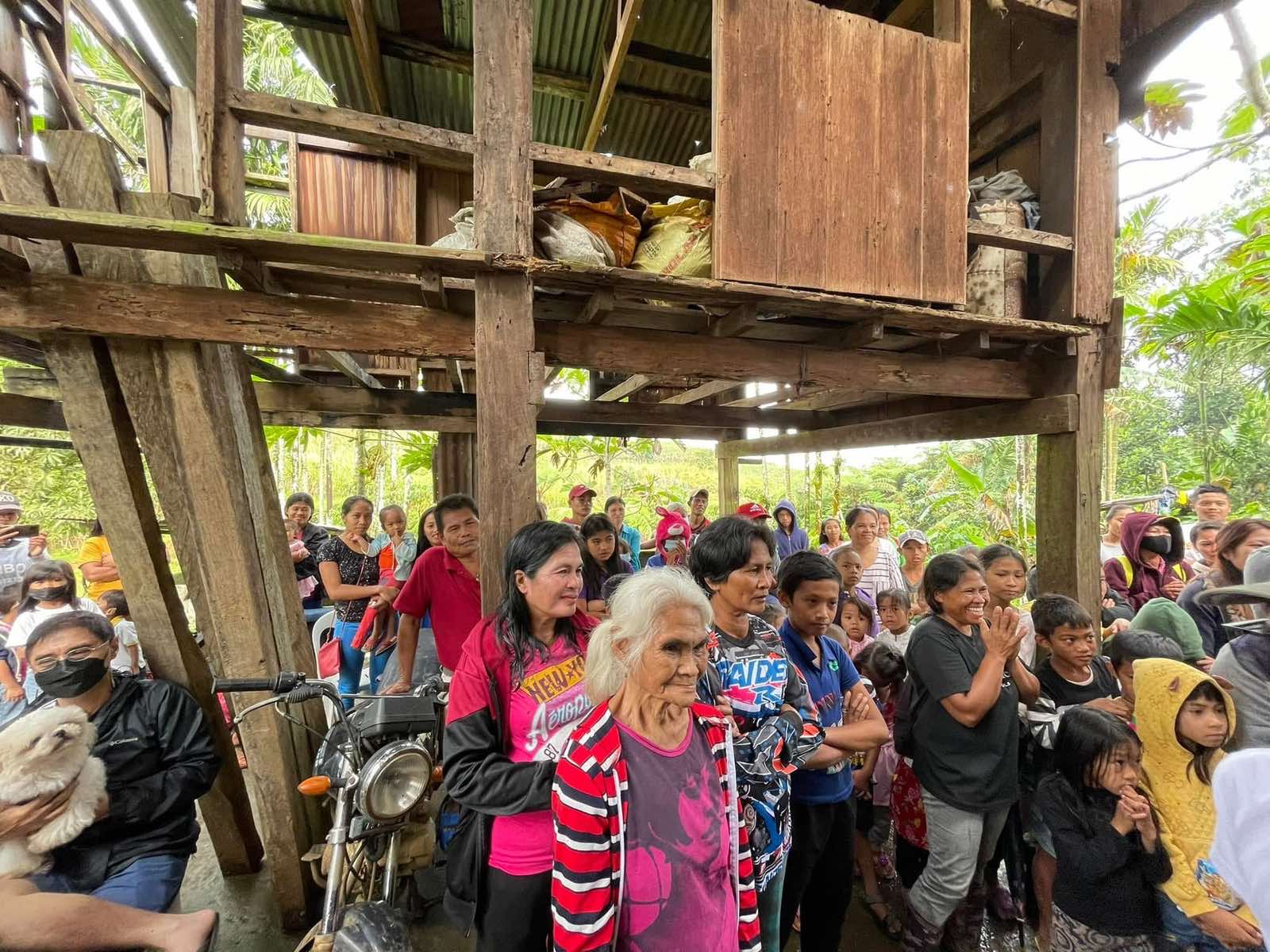
Kusinata began as a vision fueled by a love for nature, a calling to serve, and an unexpected journey. Its story traces back to 2011 when a desire to live close to nature brought a family to the pristine mountains of DSB. What started as a weekend retreat evolved into a purposeful endeavor when their son, a Psychology student, conducted a thesis on the socio-psychological profile of the Ata youth. His immersion in the Ata community revealed the harsh realities of poverty and cultural erosion, spurring the family into action.

In 2016, the family launched their first outreach program, IPasko, bringing essential goods to the Ata community. This initiative blossomed into a series of projects, including medical missions, literacy campaigns, livelihood workshops, and eco-tourism advocacy. However, sustainability demanded more than charity; it required empowerment. The idea for Kusinata—a fusion of “kusina” (kitchen) and Ata—was born.

Kusinata officially opened its doors in March 2019 as a modest restaurant with just four tables, a home kitchen, and a singular restroom. Yet, its purpose was grand: to serve as a social enterprise that would empower the Ata people by employing them as cooks and servers, showcasing their culinary talents, and promoting ethnic fusion cuisine. The restaurant’s concept was deeply intertwined with the Ata’s cultural heritage, utilizing endemic ingredients such as wild fiddlehead ferns and batwan fruit in creative dishes.

The pandemic brought unforeseen challenges and opportunities. While urban restaurants struggled, Kusinata’s semi-outdoor setup and scenic location became a haven for diners seeking a safe escape. This surge in interest highlighted the Ata community’s unique culinary contributions and bolstered the restaurant’s mission. Kusinata’s success was driven not by advertising but by word-of-mouth, as satisfied diners shared their experiences online.
Transforming the lives of the Ata staff has been one of Kusinata’s most fulfilling achievements. Many of these individuals, once painfully shy with no entrepreneurial skills, have undergone remarkable changes. Through mentorship from local chefs, theater teachers, and values-based training, they have gained confidence, professionalism, and pride in their heritage. A highlight of this transformation came in 2019 when an Ata staff participated in a prestigious cooking competition during the Masskara Festival. Their dish—a smoked freshwater eel with a rum batwan sauce—won, demonstrating their culinary excellence and boosting their self-esteem.
Kusinata’s impact extends beyond its walls. By sourcing ingredients from Ata farmers and the surrounding rainforests, the restaurant promotes sustainable livelihoods while preserving cultural identity. Its advocacy for slow food aligns with Negros Occidental’s growing reputation as a culinary destination, placing traditional cuisine in the spotlight.
Looking ahead, Kusinata aims to expand its reach by identifying new indigenous communities to support and new locations that combine natural beauty with abundant local resources. Guided by the manumbalik principle—“the good that you do for others, comes back to you”—the restaurant continues to evolve as a platform for empowerment, sustainability, and cultural preservation.

In a province celebrated for its rich food culture, Kusinata stands out not just as a restaurant but as a beacon of hope. It exemplifies how food can be a vehicle for change, a means of preserving heritage, and a path to brighter futures. For the Ata community and everyone it touches, Kusinata is more than a dining destination—it is a testament to the power of purpose.
As Kusinata looks to 2025 and beyond, its mission remains clear: to serve, uplift, and inspire. Through its innovative blend of advocacy and cuisine, it not only celebrates the flavors of Negros but also amplifies the voices of its people, ensuring that Ata’s story continues to thrive.



